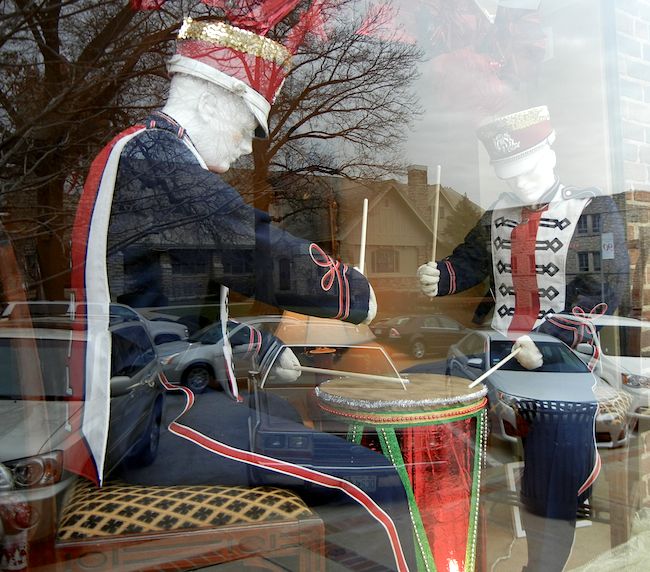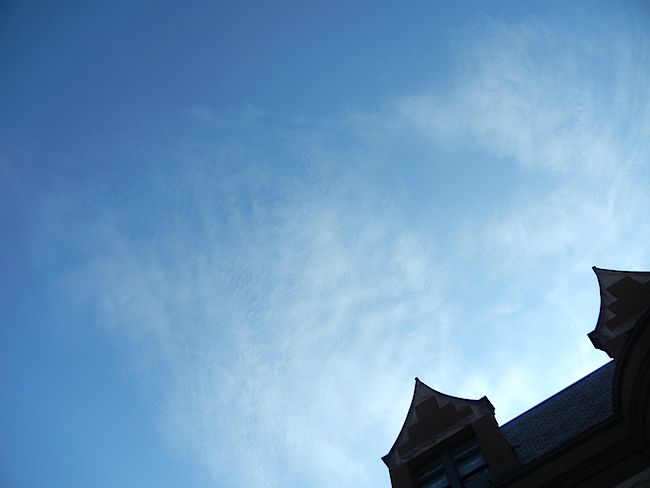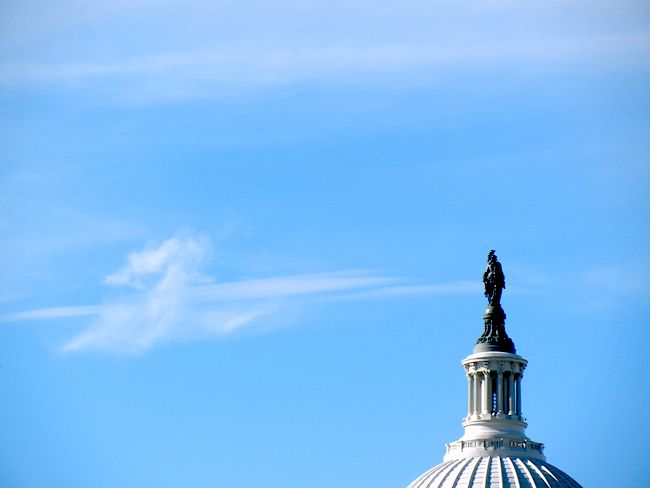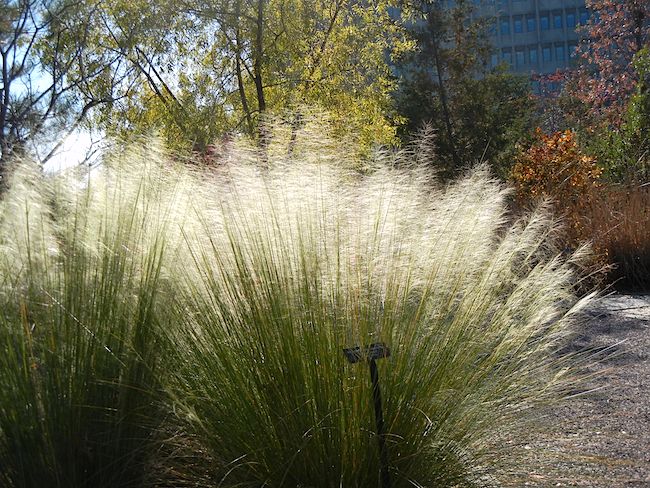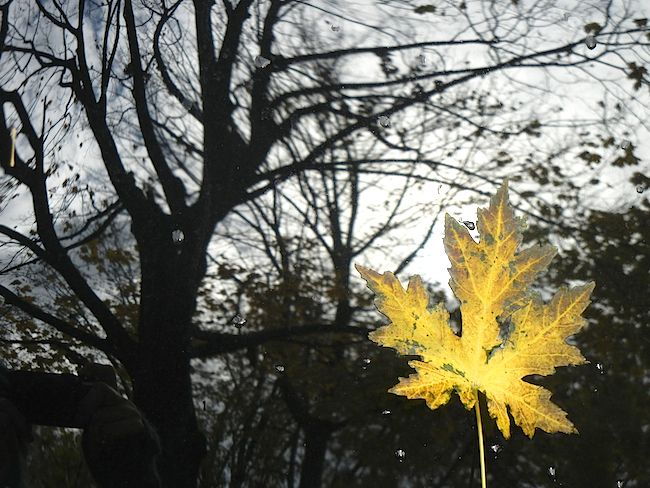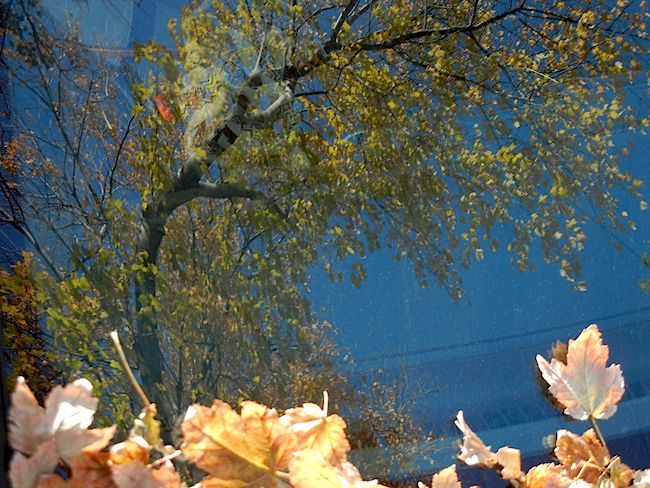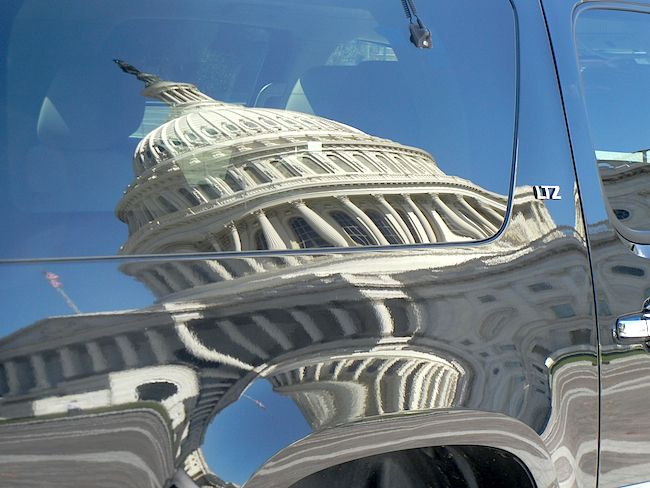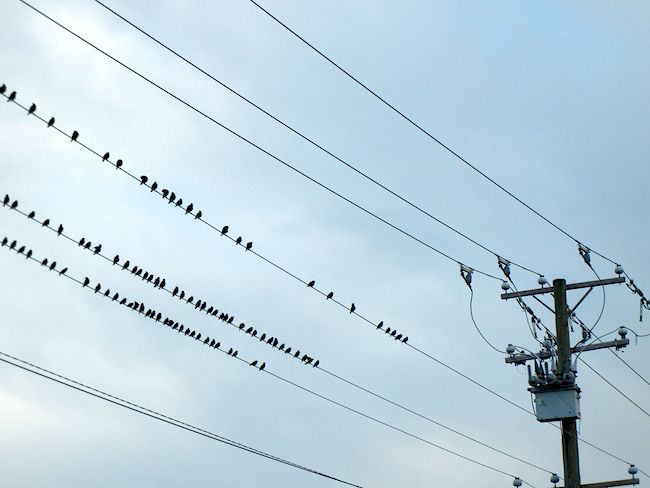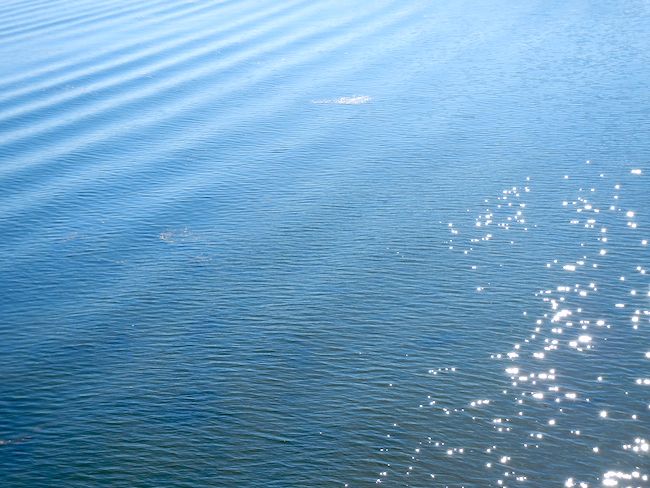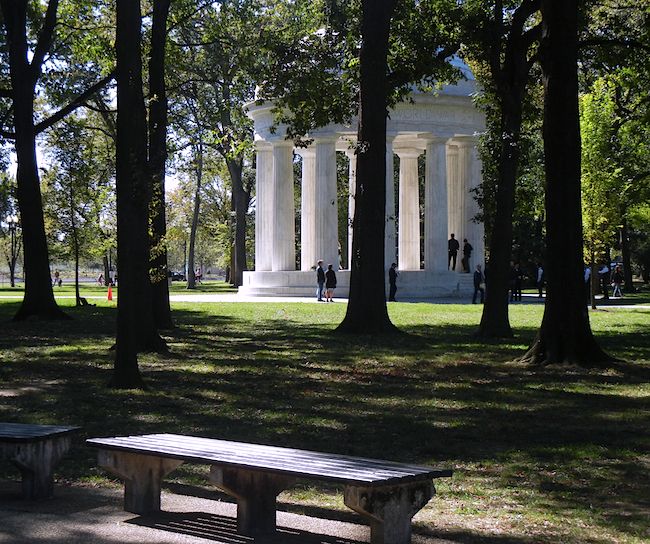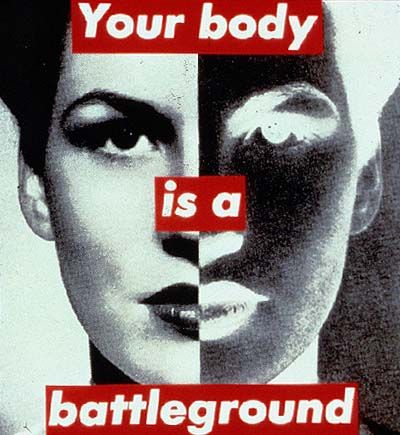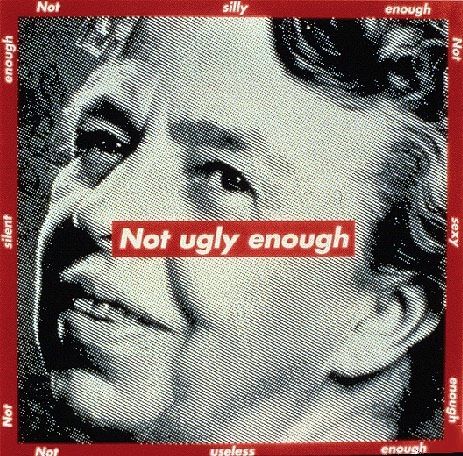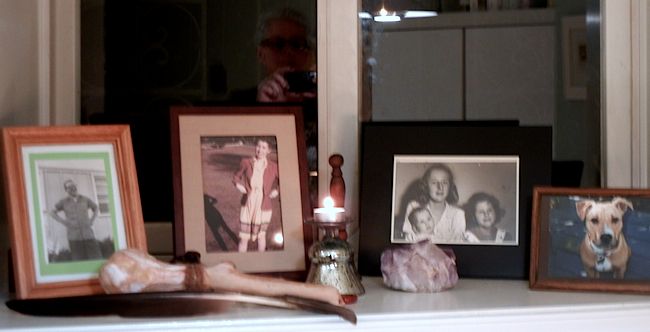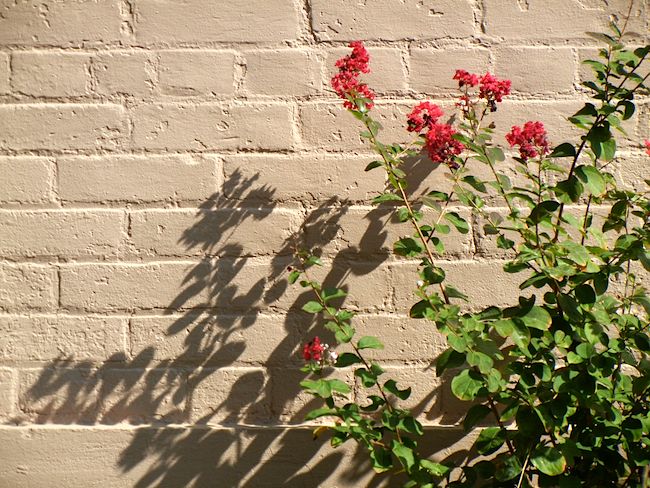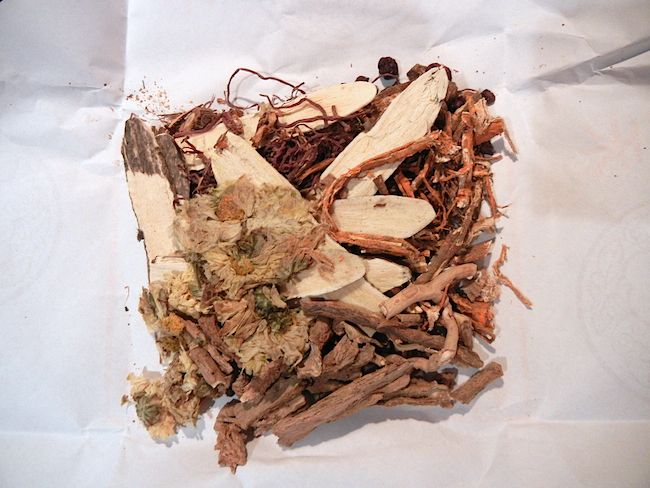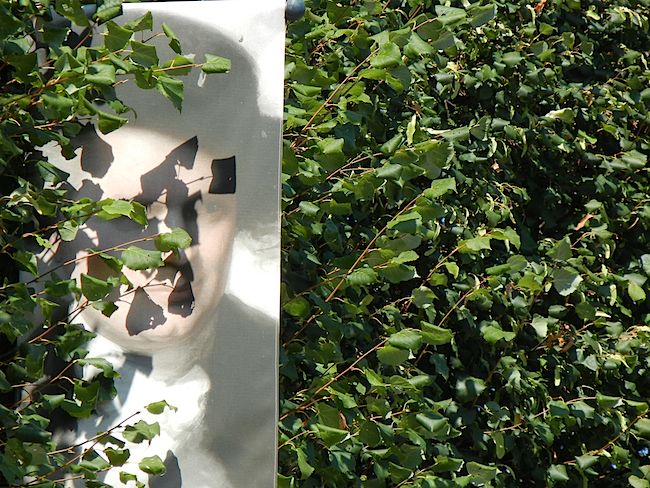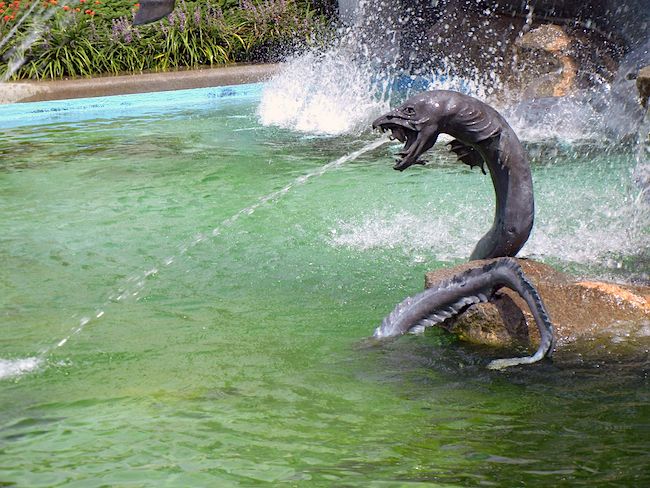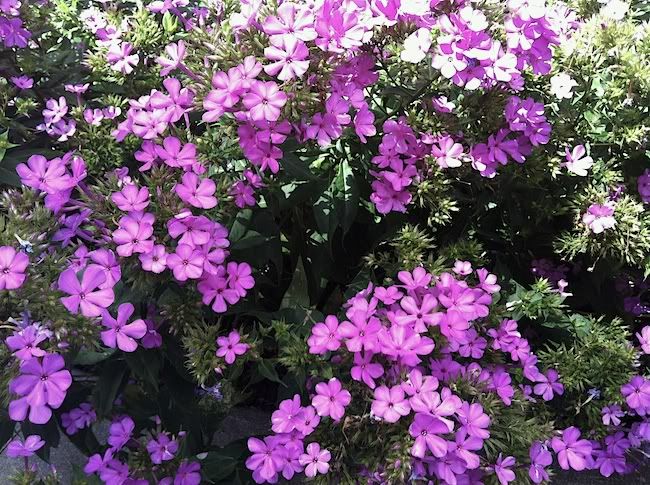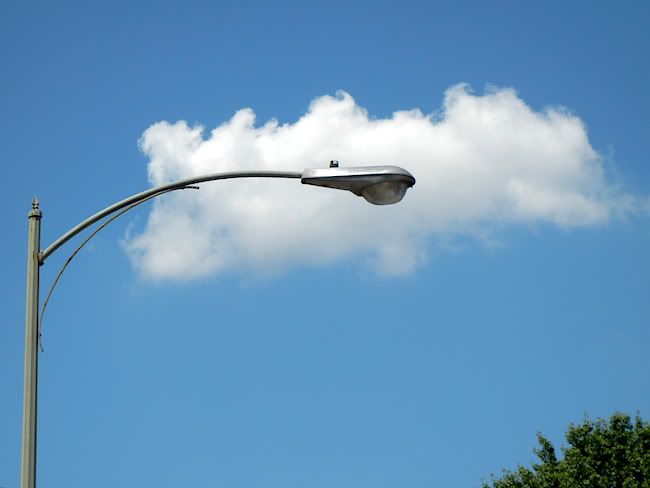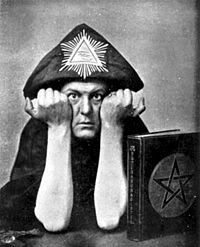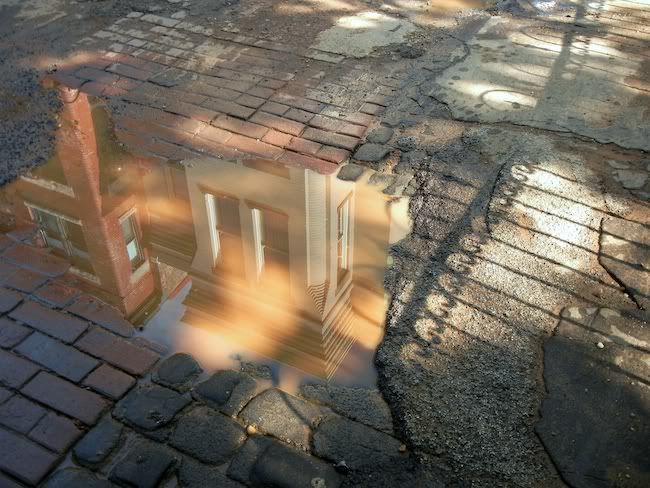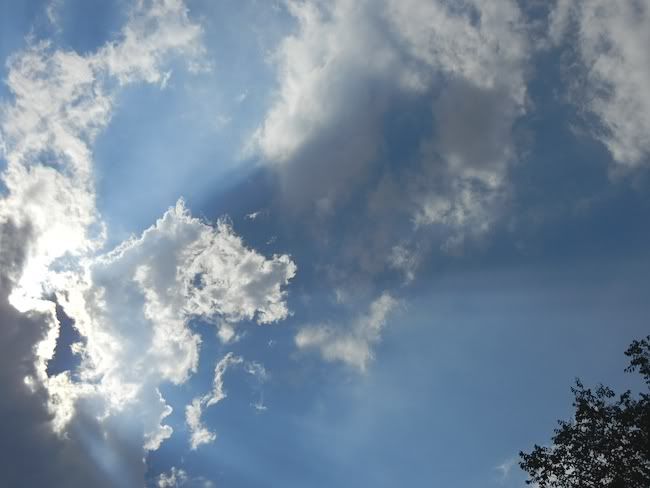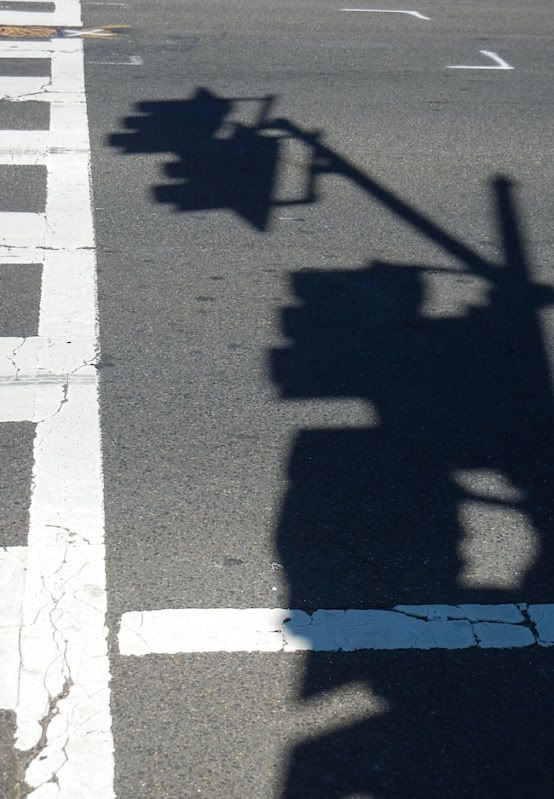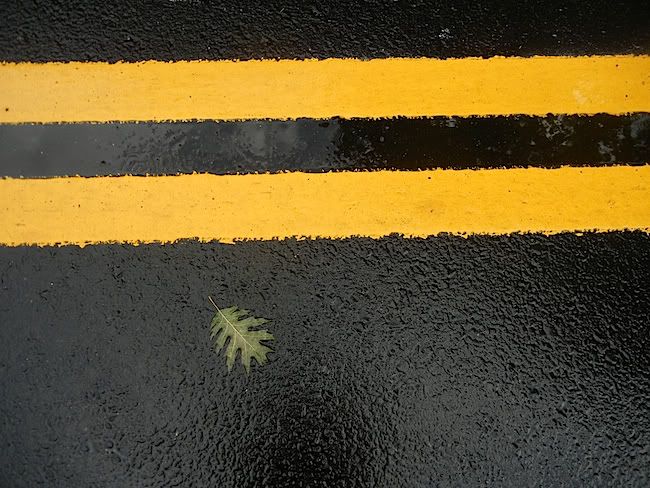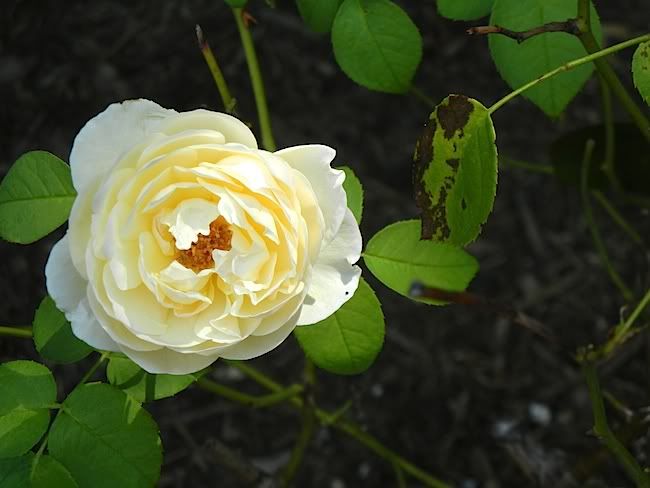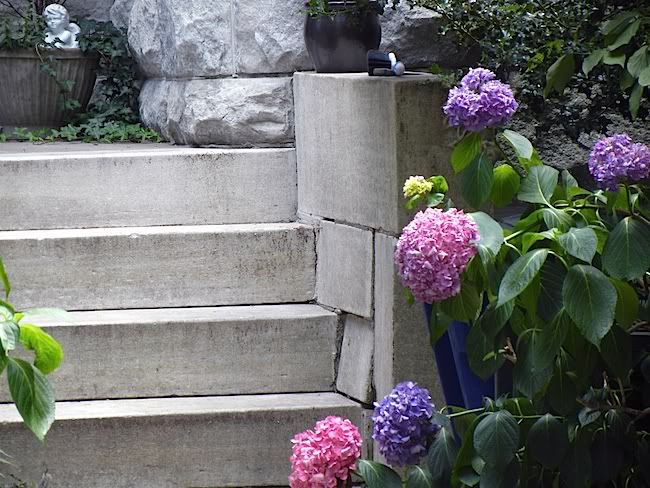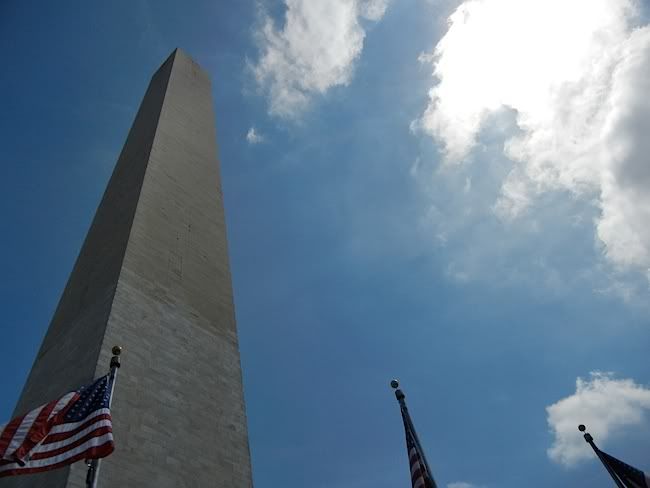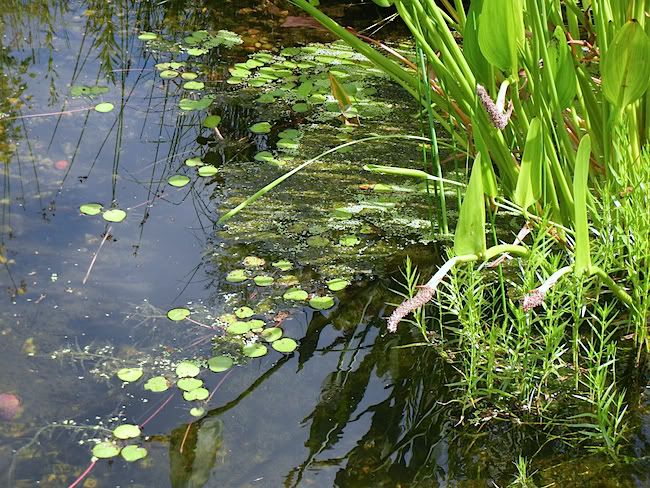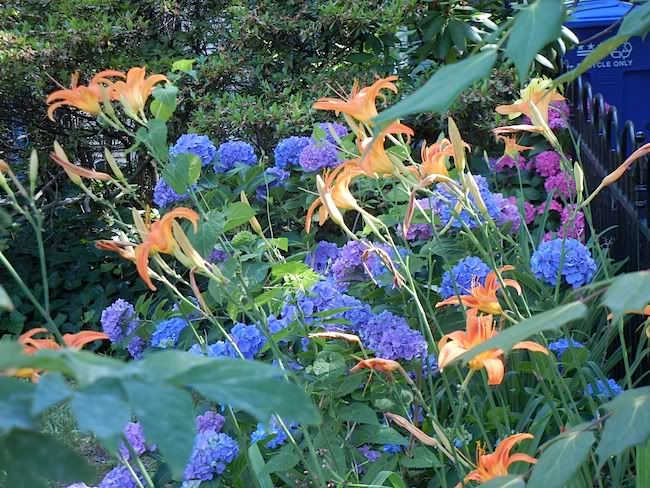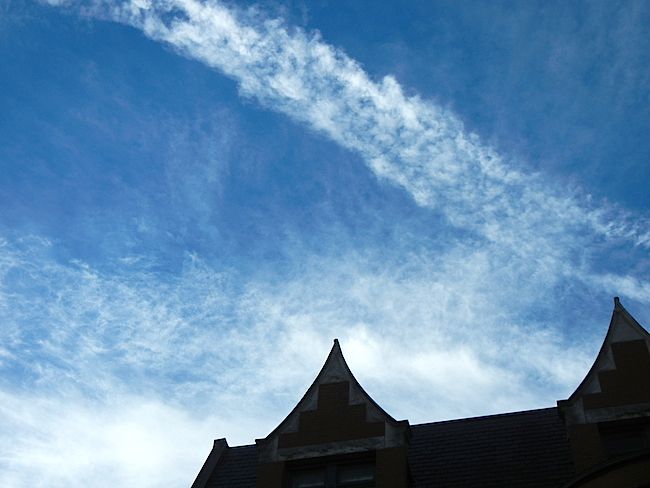
Ageism is not healthy. Sad to say, it is rampant in my society. Old people are among the last groups it's OK to make fun of. If you made a joke about black people or gay people smelling funny, for instance, oh man - you could never get away with that in public in 21st century America - at least in east coast urban areas. But you can say any insulting, heinous thing about old people and still get a big laugh.
Old people have done nothing wrong, you know. They just haven't died yet. Why is the success of their survival funny? Or repulsive? Do they smell any worse than babies with poopy diapers or teenage boys, randy with hormones? C'mon.
Being old is a disgusting situation, supposedly. Yet we're supposed to take good care of ourselves so we can live long lives. It's a crazy paradox that doesn't serve anyone, no matter how young or old they may be.
I was thinking recently about all the carefully delineated developmental stages of human life from birth to around age 21. There's infancy, then babyhood. After humans begin to walk, we call them toddlers. After that comes middle childhood, then pre-adolescence, followed, of course, by adolescence. At around age twenty, we are pronounced young adults. After that, the trajectory of life blurs in terms of definition, purposefully so, I think.
Sometimes we hear the phrase "middle age." But what does that mean? When is a person middle aged? When does a person move from middle age to old age? We're told NEVER to call ourselves old, or that "you're only as old as you feel," things like that, which leaves us in a no man's land of perpetual middle age - I guess. In fact I have a friend who is in his 70s. He thinks of himself as being in "late middle age." Really?
Because being old is as repulsive in my society as being fat, it becomes the goal of aging people to pretend they're younger. They try to keep up the same pace as earlier in life. They work out harder, they try to get by with the same lack of sufficient sleep, they continue their grueling schedules in the office. And they have plastic surgery. Of course things go very wrong.
One of the many sad things about this behavior is that middle aged people feel betrayed by their bodies when they can't keep going full throttle. Shouldn't we be grateful to our bodies for carrying on? Shouldn't we appreciate our longevity, shouldn't we celebrate our long lives by being kinder than we were to ourselves earlier in life? Well?
How about if, between the ages of 20-40, we think of ourselves as young adults? During those years, by all means, we can push ourselves, full steam ahead. Young adulthood is a great time to broaden our fiefdoms, climb the ladder at work, partner, have kids, and Do Everything. Hell yeah.
From 40-60, it would be very healthy to understand that we are now in middle age. Instead of acting out by having an affair or buying a stupid sports car, or whining about how beautiful we used to be, it would behoove us to slow down just a little bit, figure out how to not work quite so hard, take our exercise programs down one notch, too. Between 40-60, downsizing in terms of stuff is a great idea. Once the kids are gone, do people really still need gigantic houses? To me it makes sense to move into smaller spaces
before old age. During middle age, if we get into the habit of what I call "aggressive self care," we will fare far better than if we decide to ignore the passing years. In middle age, if we are not in the habit of exercising, we must get to it. Building strength and resilience during middle age will serve us on every level. Middle age is a great time to begin receiving massage on a regular basis, eating carefully, not drinking so much, making sure we get enough sleep. Middle age is also a wonderful time to stop taking everything literally and personally. Begin to practice letting go. By practicing aggressive self care in middle age, we lay a solid foundation for a healthy old age.
I think that, at age sixty, we graduate from middle age to early old age. From 70-80, we're in middle old age, and from age 80 onwards, we're in late old age. In every phase of old age, we need to learn something new every day, we need - more than ever - to listen to music, take in beauty, and laugh as much as possible. Instead of flogging ourselves with work, we need to kick back, let the younger people take on the heavy responsibilities we carried for so many years. I'm not suggesting that we retire. Humans are working animals; we need to be productive. But if it's possible, we need to slow way down, change the way we work so it is sustainable. This makes for a satisfying old age.
If there are things we've always done because we believed we should, not because we enjoyed or believed in them, when we enter early old age, we should begin to shed all that. Old age could be a time of liberation from the
Shoulds and
Oughts that attend early adulthood and middle age.
Yes we need to move around, but perhaps not so harshly as earlier in life. Instead of killing ourselves at the gym, why not take a yoga class, or walk every day? Switch on some music and dance around?
If we slowed down gradually, accepted and were grateful for the very long lives many of us are privileged to live, we would be far happier and healthier in body and mind. As it is, we want to live a long time, but also believe that right around age 40 we should pretend we aren't aging. That is crazy behavior that sets us up for a hideous few decades marked by denial and self loathing. It's very unfortunate.
Life is good, not just youth - all of life. I am grateful. L'chaim!
